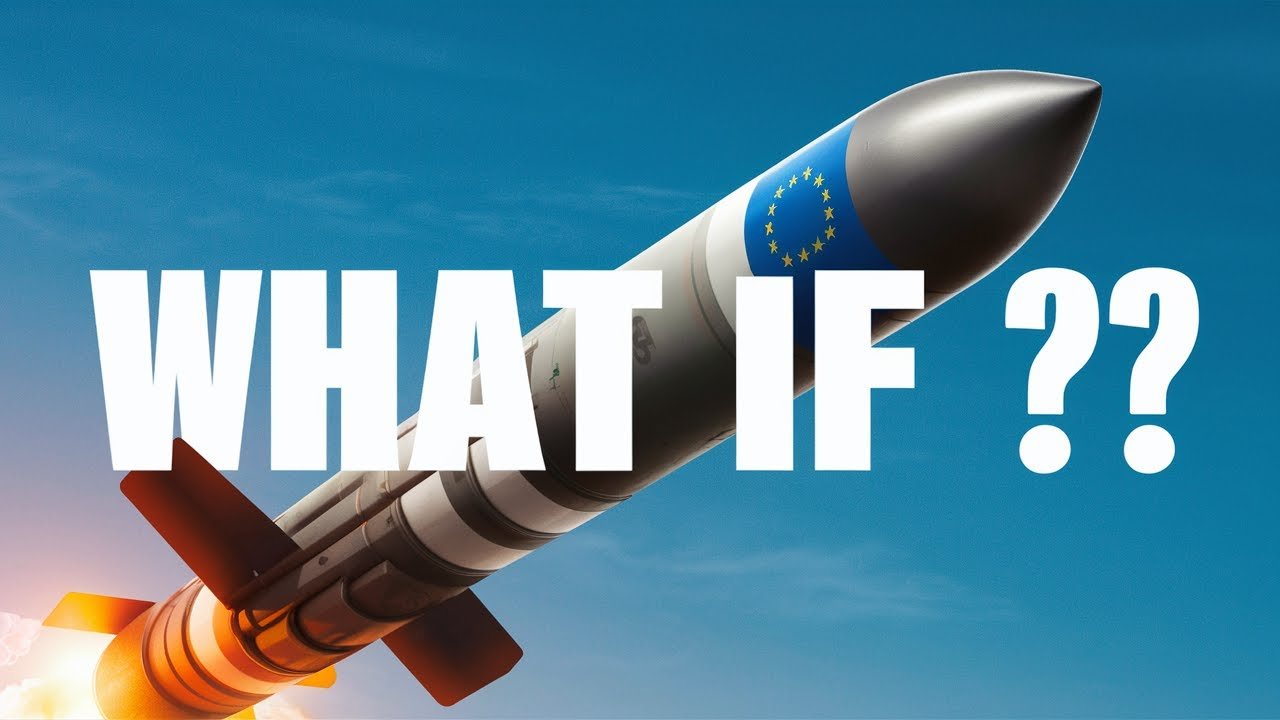- Only nine countries have officially announced successful nuclear tests, with Israel believed to possess nuclear weapons but not officially acknowledged.
- Recent comments by European politicians have sparked speculation about the European Union potentially seeking to acquire nuclear weapons.
- The idea of a “Euro bomb” is contentious and would represent a significant shift in European security policy.
- Concerns over America’s shifting stance on NATO and increasing Russian aggression are driving the debate on European nuclear capabilities.
- Europe’s current nuclear umbrella is largely provided by the United States through NATO, with Article 5 of the NATO treaty implying a collective defense mechanism that includes nuclear retaliation.
- Donald Trump’s presidency raised doubts in Europe about the reliability of the United States as a security guarantor, pushing some to consider alternative defense strategies.
- European armed forces are considered less capable of defending the continent from an aggressive Russia without American support.
- France and the United Kingdom are the only European countries with their own nuclear arsenals, not reliant on NATO for operational control.
- Some European officials have suggested that EU countries could contribute financially to the French and British nuclear programs in exchange for protection.
- Germany’s historical context and current political sentiment make it an unlikely candidate to lead a European nuclear initiative, despite some political voices suggesting otherwise.
- Poland has expressed interest in NATO’s nuclear sharing, indicating a willingness to host American nuclear weapons on its territory.
- The idea of a European nuclear deterrent remains largely theoretical and controversial, with significant political, financial, and ethical hurdles to overcome.
This summary has been generated by AI.

Leave a Reply